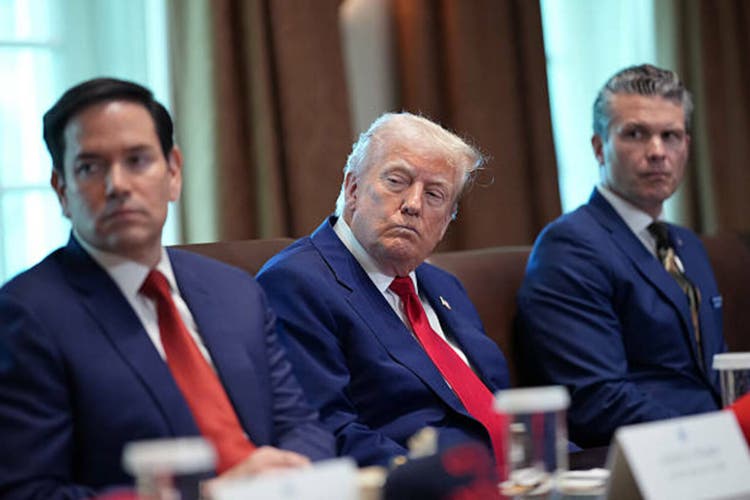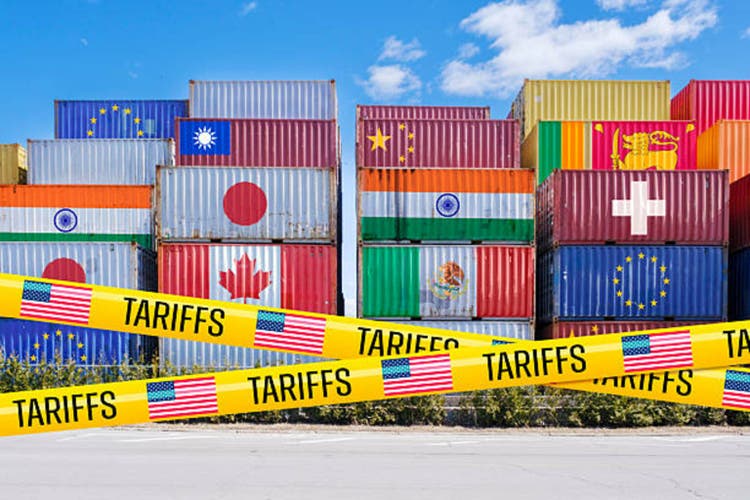 REUTERS
REUTERSA PHILIPPINE Senator on Tuesday filed a bill tightening policies on online gambling, including a ban on linking gaming platforms to electronic wallets and super apps, following calls from legislators to strengthen government regulations to curb gambling addiction.
“Phones are not casinos. It has become too easy to get addicted to gambling because it is so accessible through e-wallets and super apps,” Ms. Hontiveros said in a statement.
The proposed “Kontra E-Sugal bill,” filed on Monday, seeks to ban gambling within e-wallets and super apps. A counterpart in the House of Representatives was also filed by the Akbayan party-list on Monday.
The bill also sets the minimum betting age to 21 and requires identity verification to prevent underage gambling. It also orders the Philippine Amusement and Gaming Corp. (PAGCOR) to impose a betting and loss limit.
The measure also imposes a ban on advertisement of online gambling platforms in public spaces, tri-media, and social media.
“We will also put an end to all the billboards, commercials, and social media ads that encourage gambling. This vice should no longer be encouraged,” Ms. Hontiveros added.
About 10% of taxes from gambling will also fund treatment and rehabilitation of gambling addiction, public education campaigns against gambling, monitoring and enforcement programs, and research and policy evaluation.
“Let’s help our countrymen who are addicted to gambling recover and make sure no one else gets addicted to it,” she said.
It also imposes fines of up to P5 million or possible jail time of up to six months for those seen violating the proposed measure.
The proposed measure also seeks to establish a self-exclusion system, that would allow users or their families to be added to a registry that would block them from using online gaming platforms.
Gross gaming revenue (GGR) rose by 27.44% to P104.12 billion in the first quarter, according to PAGCOR. Electronic businesses generated P51.39 billion or 49.36% of GGR in the period.
The Palace said on Monday that President Ferdinand R. Marcos, Jr. is open to taxing online gambling activities or regulate its use, after the finance department said that they will propose a tax online gaming sites.
Also on Tuesday, Senator Joseph Victor “JV” G. Ejercito said he had filed a resolution urging a Senate probe on the rapid spread of online gambling in the country.
“We will have a hearing because there are a lot of senators who have already filed, just like myself, the measure on regulating or total ban of online gaming,” Mr. Ejercito told a news briefing.
“Let’s see if we consolidate it based on the outcome of the committee hearings that will be held, when we resume session,” he added.
In a resolution filed on Tuesday, Mr. Ejercito said that mobile phones have become “more than a one-stop-shop but a haven for online gamblers or player-bettors.”
He noted that e-wallets and digital financial services have become enablers for online gambling.
“Online lending companies that offer their services online, whether as a category within an e-wallet mobile phone application or as an app on its own, provide not only financial aid to the poor in need of assistance but also capi-tal to those who are addicted to online gambling,” Mr. Ejercito said.
The Senator also said that he is looking to regulate celebrity endorsers from promoting online gambling platforms.
“That will still depend on the outcome of hearings, if it can be proven that the endorsers have a big impact,” he added.
NO TO OUTRIGHT BAN
A congressman on Tuesday said he is not in favor of an outright ban over the online gambling industry and instead called for stricter regulations to curb misuse and addiction while still allowing the government to rake in funding from gambling activities.
Banning online gambling websites and applications could make the government miss out on billions worth of revenue from legal gaming operations, Negros Occidental Rep. Javier Miguel Benitez said.
“I fully support stricter regulations. Smarter, tighter controls to protect citizens and maximize public benefit,” he said in a Facebook post. “But outright bans only make matters worst.”
Mr. Benitez said about 40,000 Filipinos are employed at legal online gambling companies, and a ban would leave them jobless. Money raked in by the government from gambling activities also funds key sectors, such as healthcare and education, he added.
“History has proven repeatedly that prohibition simply doesn’t work,” he said, citing the US alcohol prohibition in the 1920s and attempts by the government to crack down on Jueteng, a numbers game famous in the Philip-pines.
“The reality is simple: Gambling is here to stay,” said Mr. Benitez. “The only question is whether we want it safely regulated and benefiting our communities or dangerously unregulated and controlled by criminals.”
Filipinos would likely turn to using internet tools like website proxies to bypass a sweeping online gambling ban if the government opts for that route, he said.
“Blocking something online is like trying to catch water with your hands, it slips through every time,” he said. “Instead of outdated bans, we need tech-smart, practical policies that reflect how people really behave online.”
Similarly, digital advocates asked the government to impose stricter rules on online gambling platforms to protect the public from harmful social and economic effects.
“As digital access becomes more widespread, Filipinos — especially the youth — are increasingly exposed to online gambling. There is an urgent need to impose stronger safeguards to address the growing social and psychologi-cal risks tied to gambling,” Digital Pinoys National Campaigner Ronald B. Gustilo said in a statement.
These include raising the minimum age for accessing online gambling platforms.
“Strict Know-Your-Client (KYC) protocols must be enforced to verify user identity and age — requiring a government-issued ID or national ID, for example,” Mr. Gustilo said.
State authorities should also set a high minimum buy-in amount to serve as a deterrent for casual or impulsive gamblers.
Online gambling ads and redirect links to digital platforms must be prohibited, Mr. Gustilo added.
“Social media, e-wallets, and superapps are used by people of all ages. These platforms should remain free from online gambling promotions to ensure they don’t become gateways to risky behavior,” he also said.
Finally, the government should restrict the linking of electronic wallets to online gambling services.
“Prohibiting the linking of e-wallets to gambling platforms can help cut off one of the most accessible means for people to engage in betting,” Mr. Gustilo said. — Adrian H. Halili, Kenneth Christiane L. Basilio, and Beatriz Marie

 4 hours ago
1
4 hours ago
1




















 English (US) ·
English (US) ·